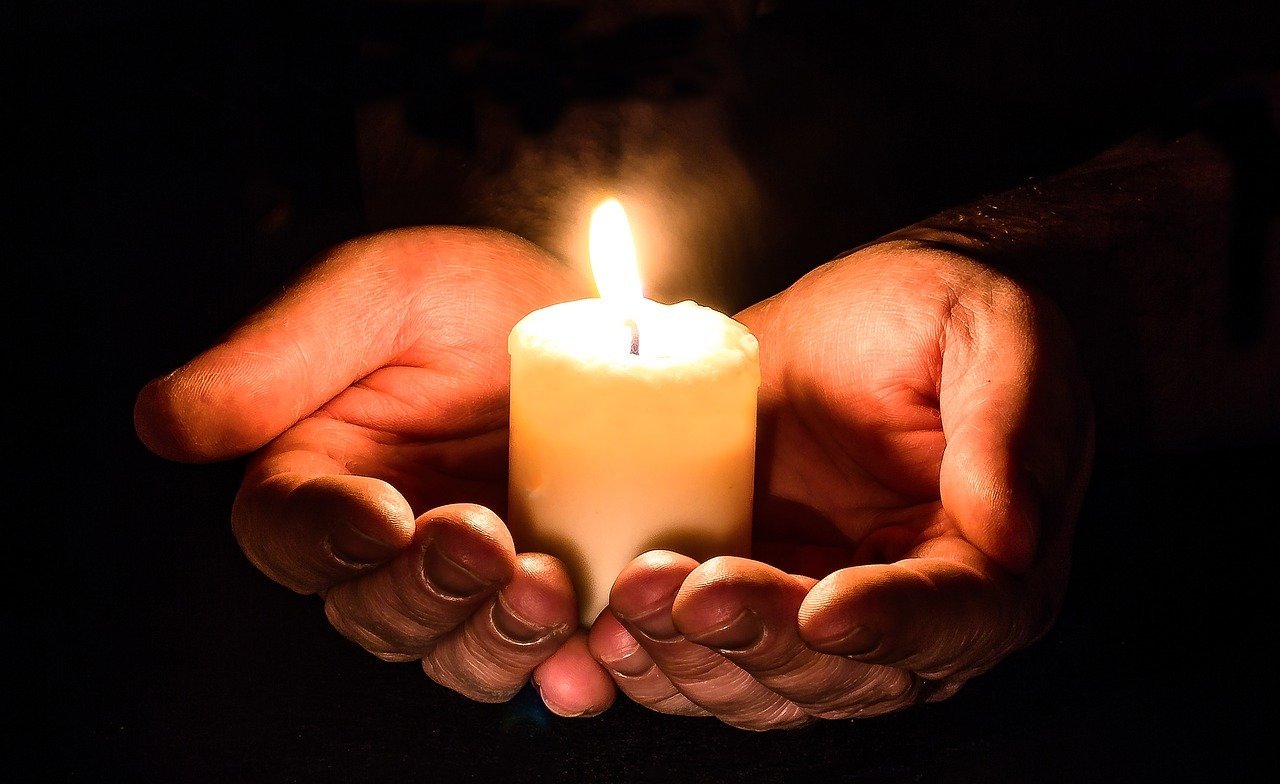There are some names in sports that resonate long after the final pitch has been thrown. They carry with them stories of glory, resilience, and human struggle. This week, the world of baseball was reminded just how fragile even the toughest champions can be. A figure celebrated for his commanding presence on the field, unforgettable victories, and rollercoaster journey through personal adversity has taken his final bow—and with that, fans, teammates, and the sports community are reflecting on a life that was as complicated as it was inspiring.
From Humble Beginnings to the Mound of a Dream
Born on March 14, 1981, in Mission Hills, California, Bobby Jenks’ early life was marked by instability. His childhood was far from the neatly packaged narratives of other athletes. Raised in a tough environment, Jenks had to grow up fast. Trouble at home and early brushes with trouble in school could have derailed his future. But one thing remained constant—baseball.
Jenks was a natural talent, the kind of pitcher whose raw power and velocity caught attention from an early age. His arm promised something rare. In 2000, he was drafted by the Anaheim Angels. It was a pivotal moment, signaling a possible rise from the shadows of hardship into the spotlight of professional sports.
Yet the road to greatness wasn’t straightforward.

Rejected, Then Redeemed
After joining the Angels, Jenks’ talent was overshadowed by personal issues and a growing injury list. He was released by the team—a moment that could have ended his professional career. But fate had other plans.
The Chicago White Sox took a chance on him in 2004, offering him a new opportunity. It was a decision that would change the trajectory of both his life and the team’s legacy.
By 2005, Jenks had earned his place on the roster. His MLB debut came with intensity, and the rest of that season was nothing short of cinematic. He quickly became the White Sox’s closer, playing a pivotal role during their march to the World Series.
The 2005 Miracle Season
The 2005 season remains one of the most iconic in White Sox history. The team broke an 88-year championship drought, and Bobby Jenks was a central figure in that triumph. Calm under pressure and almost intimidating on the mound, he delivered four critical saves across six postseason appearances. His fastballs often exceeded 100 mph, but it wasn’t just speed—it was accuracy, control, and timing.
Jenks became a fan favorite almost overnight. Large in stature and intense in focus, he symbolized the team’s grit and unyielding determination. For Chicago, he wasn’t just a closer—he was a closer in every sense of the word, a man who could seal fate when the stakes were highest.
All-Star Stardom
In 2006 and 2007, Jenks continued to prove that his breakout year was no fluke. He earned All-Star selections in both seasons, racking up 41 and 40 saves, respectively. His performances placed him among the elite closers in baseball during that era.
At one point, he retired 41 consecutive batters—a feat that tied a major league record. Analysts marveled at his ability to maintain his composure, even in games where everything else was falling apart. He was the guy you wanted with the ball when the score was tight and the game was on the line.
But as with many athletes who burn bright, there were signs that his body—and later, his personal world—was beginning to struggle.
The Decline and the Boston Chapter
By the time Jenks joined the Boston Red Sox in 2011, injuries were catching up. He underwent back surgery, but complications from the procedure led to further medical problems and legal action. He later sued the hospital, claiming malpractice.
The transition from elite closer to injured veteran was both rapid and painful. Jenks never truly returned to form after his surgeries, and by 2012, he had effectively retired from Major League Baseball.
Yet even off the mound, his story didn’t stop. Jenks faced numerous challenges in retirement, including addiction and mental health battles. In candid interviews, he later admitted to struggling with substance abuse as he tried to manage physical pain and the psychological burden of early retirement.
A Private Battle, a Public Legacy
Though much of Jenks’ post-baseball life was out of the public eye, those close to him knew that he was fighting another opponent: cancer. Diagnosed with adenocarcinoma—a form of stomach cancer—he sought treatment in Sintra, Portugal, hoping to beat the odds just as he had in earlier parts of his life.
News of his death came as a shock to fans and former teammates. At just 44 years old, Jenks passed away on July 5, 2025, while still undergoing treatment. The White Sox confirmed the heartbreaking news in an official statement.
Team owner Jerry Reinsdorf expressed his condolences, saying: “He and his family knew cancer would be his toughest battle, and he will be missed as a husband, father, friend, and teammate. He will forever hold a special place in all our hearts.”
The Man Behind the Fastball
For those who only remember the uniform and the stats, Jenks’ life may seem defined by ERA numbers and save counts. But to those who knew him personally, Bobby Jenks was more than a baseball player. He was a man who refused to be defined by early failure. A man who rose from rejection to become a World Series hero. A father, a husband, and a friend who was generous with his time and honest about his flaws.
Jenks married Eleni Tzitzivacos, and together they had two children, Zeno and Kate. He also had four children—Cuma, Nolan, Rylan, and Jackson—from a previous marriage. In interviews, he often spoke with deep emotion about fatherhood and his desire to be a better man for his children than the world had sometimes been to him.
Remembering a Legend
In the days following his death, tributes poured in from former teammates, fans, and sports writers. They remembered the way he’d storm the mound with unshakable confidence. The way he’d turn his cap just slightly before a crucial pitch. And how, even when dealing with immense personal pain, he never lost his love for the game.
“He was a fierce competitor,” said one former teammate. “But off the field, he had a huge heart. He’d give you the shirt off his back.”
Fans held vigils outside Guaranteed Rate Field, leaving jerseys, flowers, and notes of thanks. Social media was filled with highlight reels, touching memories, and emotional tributes. It was clear: Bobby Jenks may have left the game early, but he never left the hearts of those who watched him play.
A Final Word
In the realm of professional sports, few stories are as raw and real as Bobby Jenks’. He was not just a highlight reel of strikeouts and saves. He was a survivor, a comeback artist, a man who faced every battle with courage—on the field and off.
He gave fans one of the most unforgettable championship runs in modern baseball history. And in doing so, he gave himself a second chance at a life that started hard but burned bright. His death is not the end of his story—because every time fans talk about 2005, every time a young pitcher dreams of coming in for the final inning, Bobby Jenks’ name will live on.

